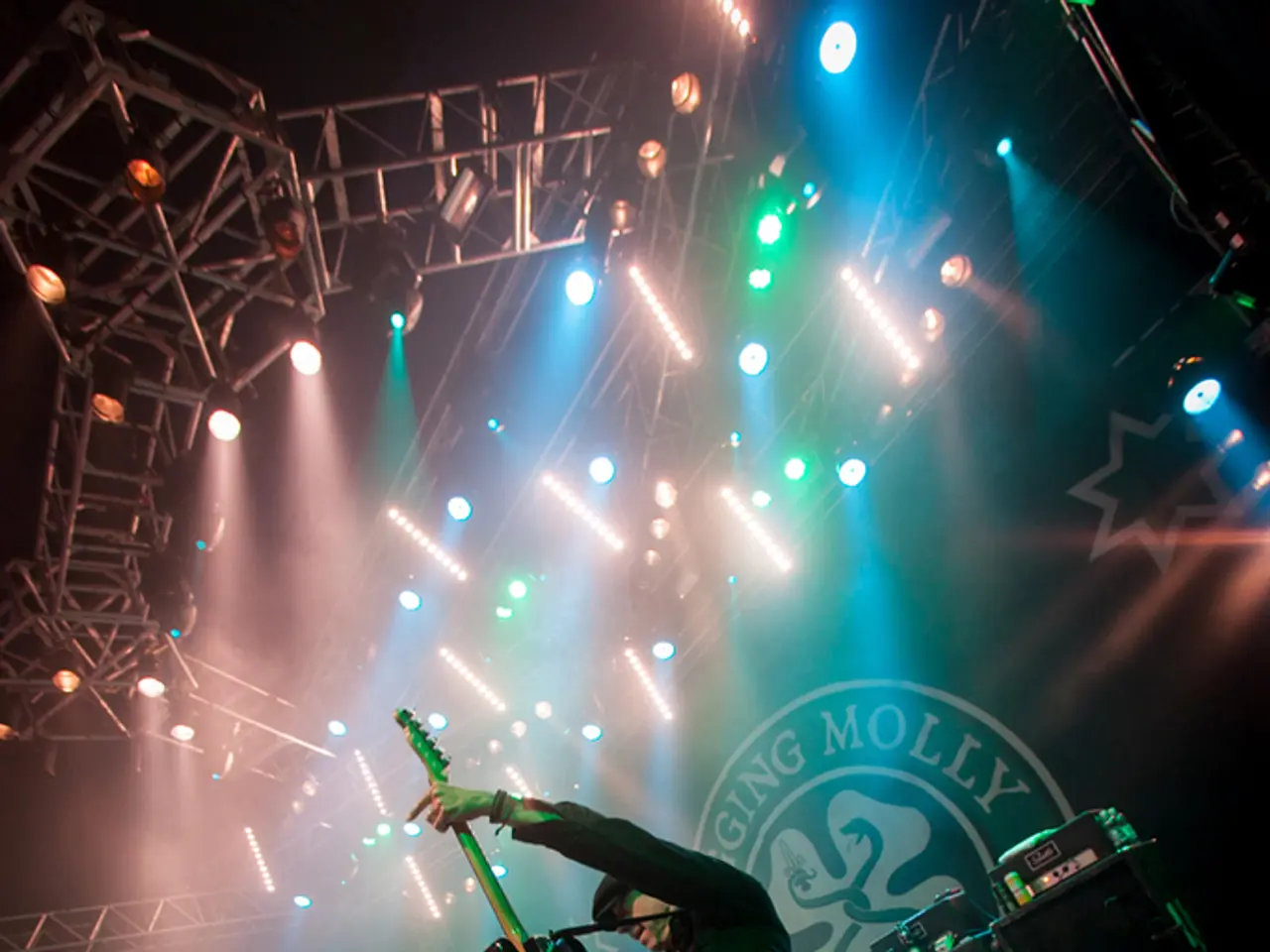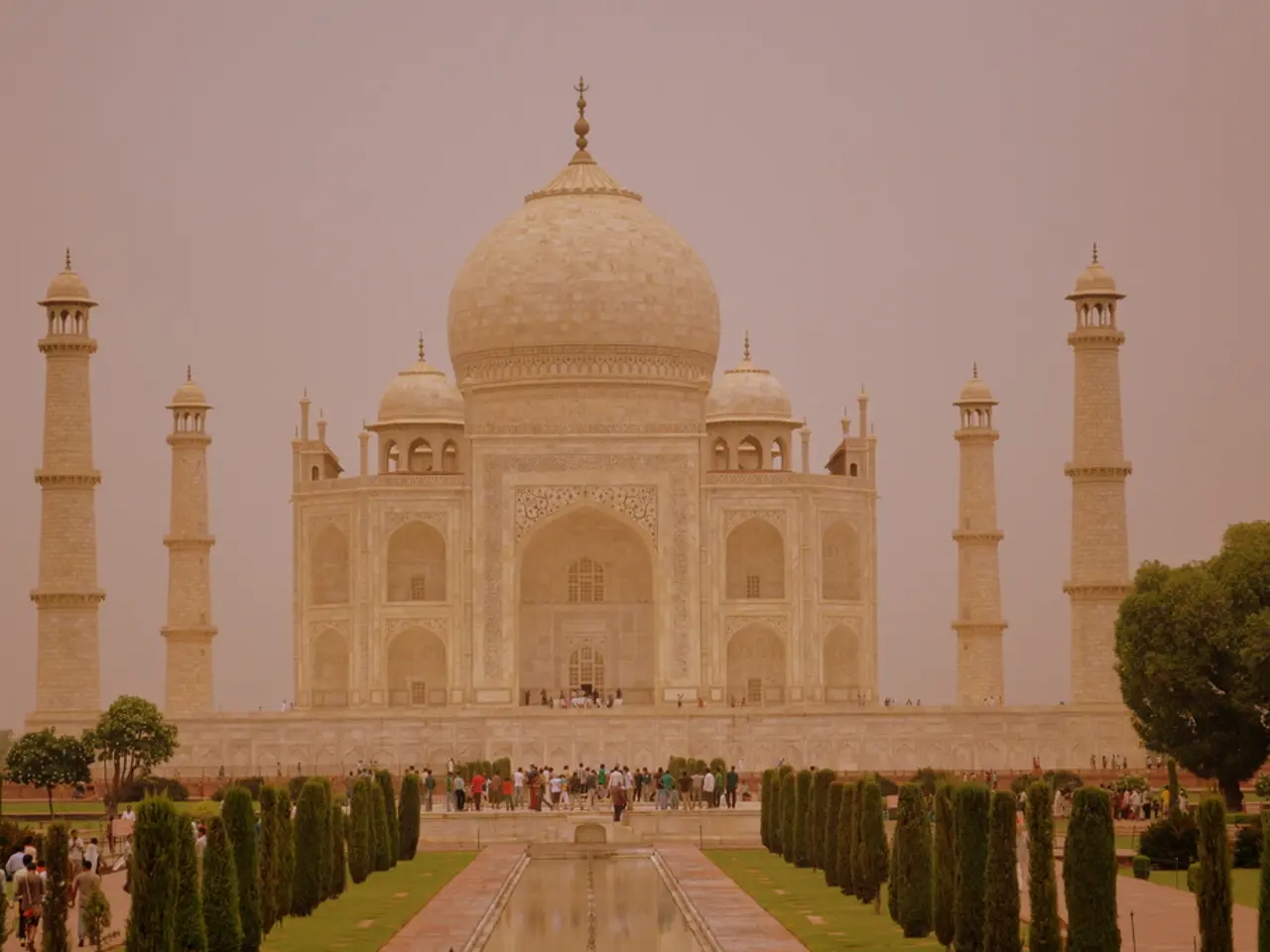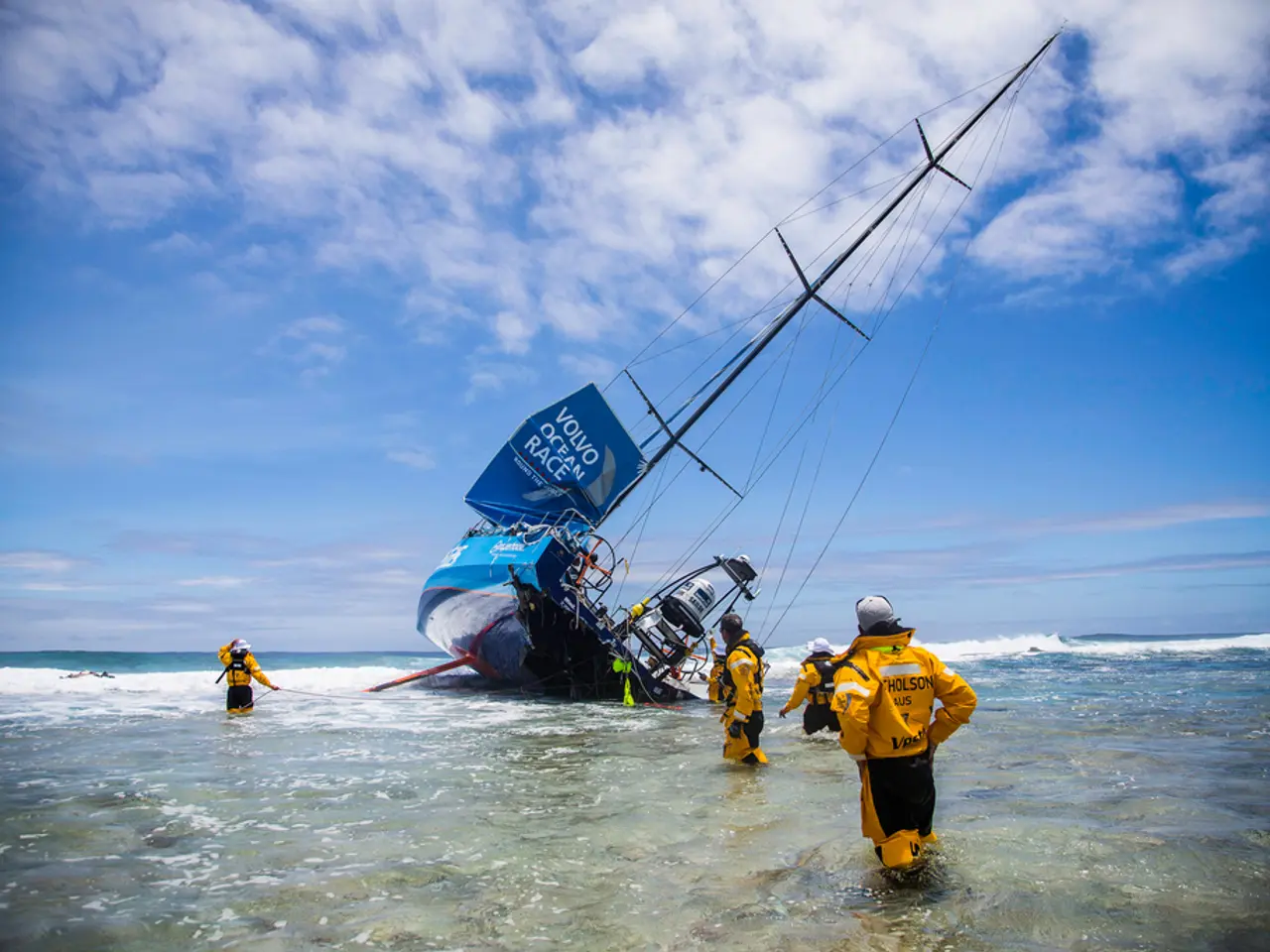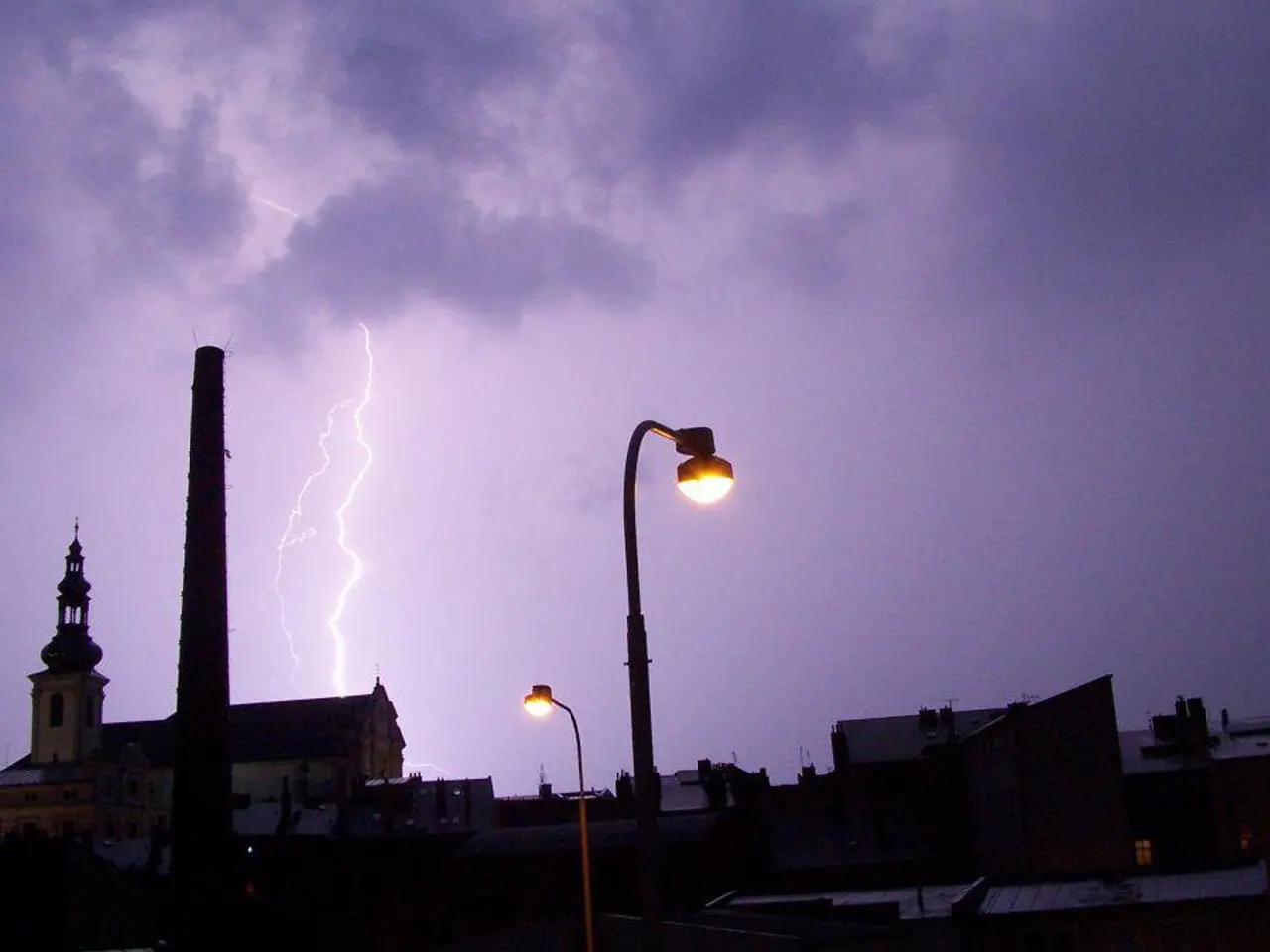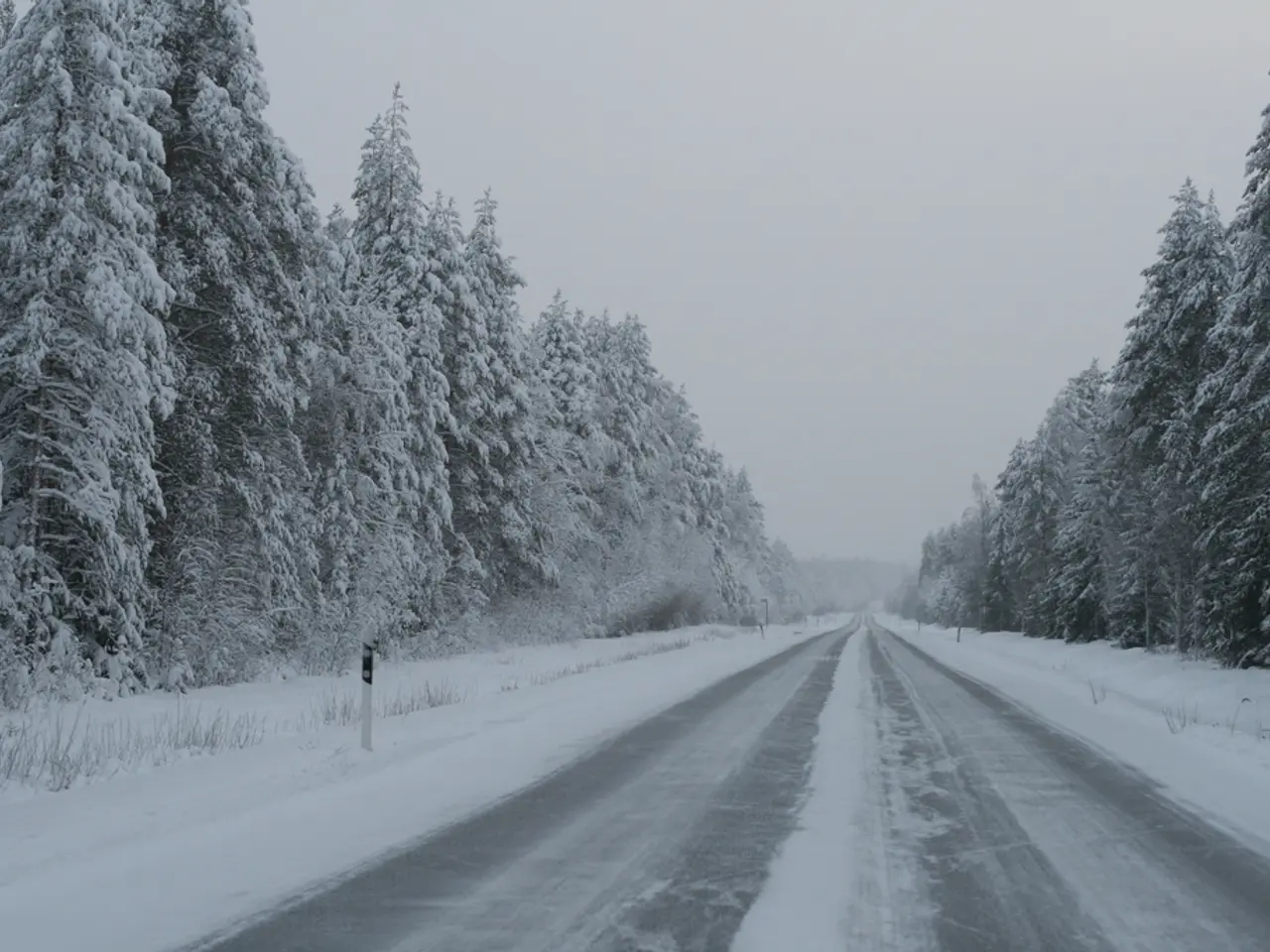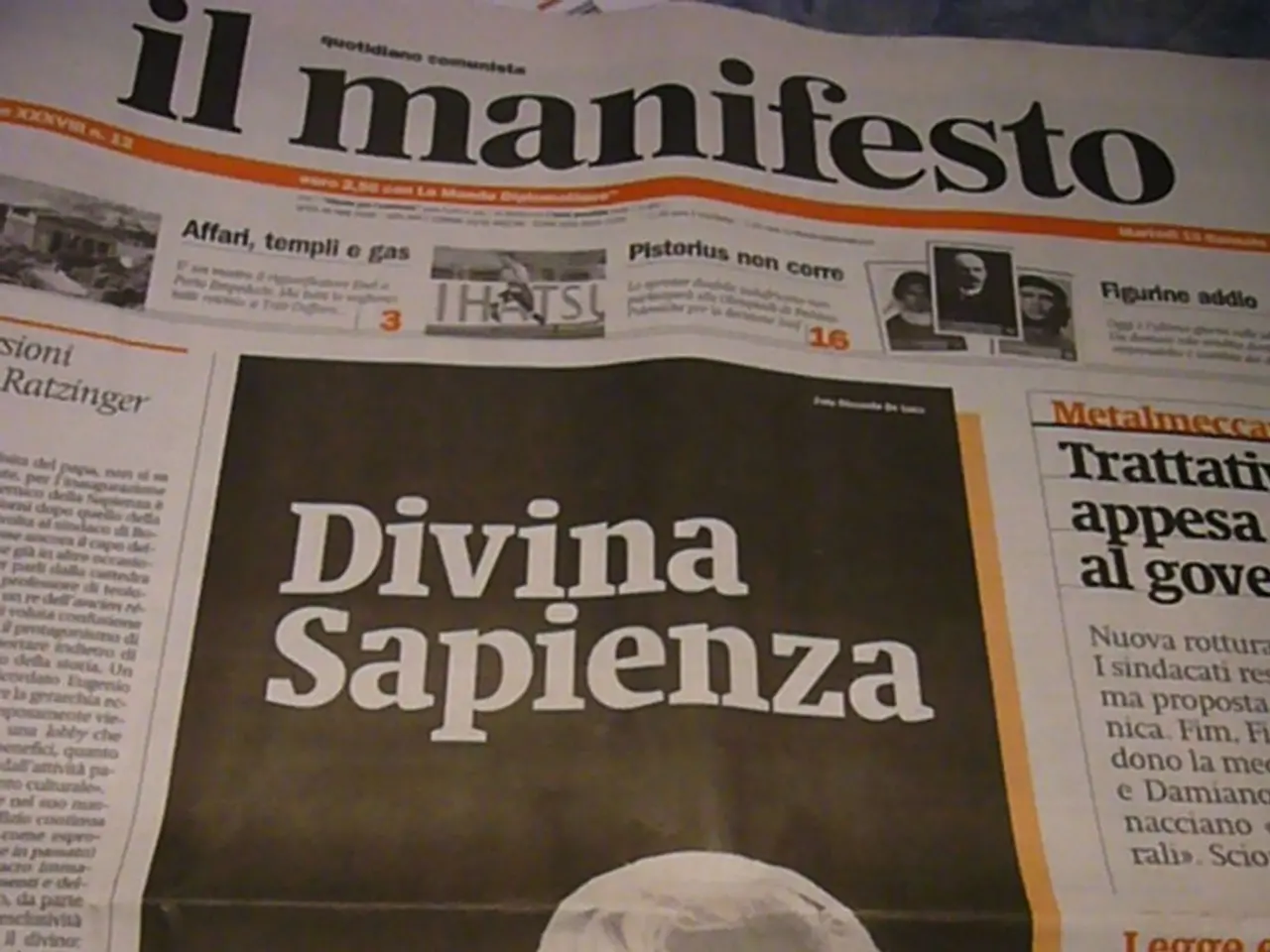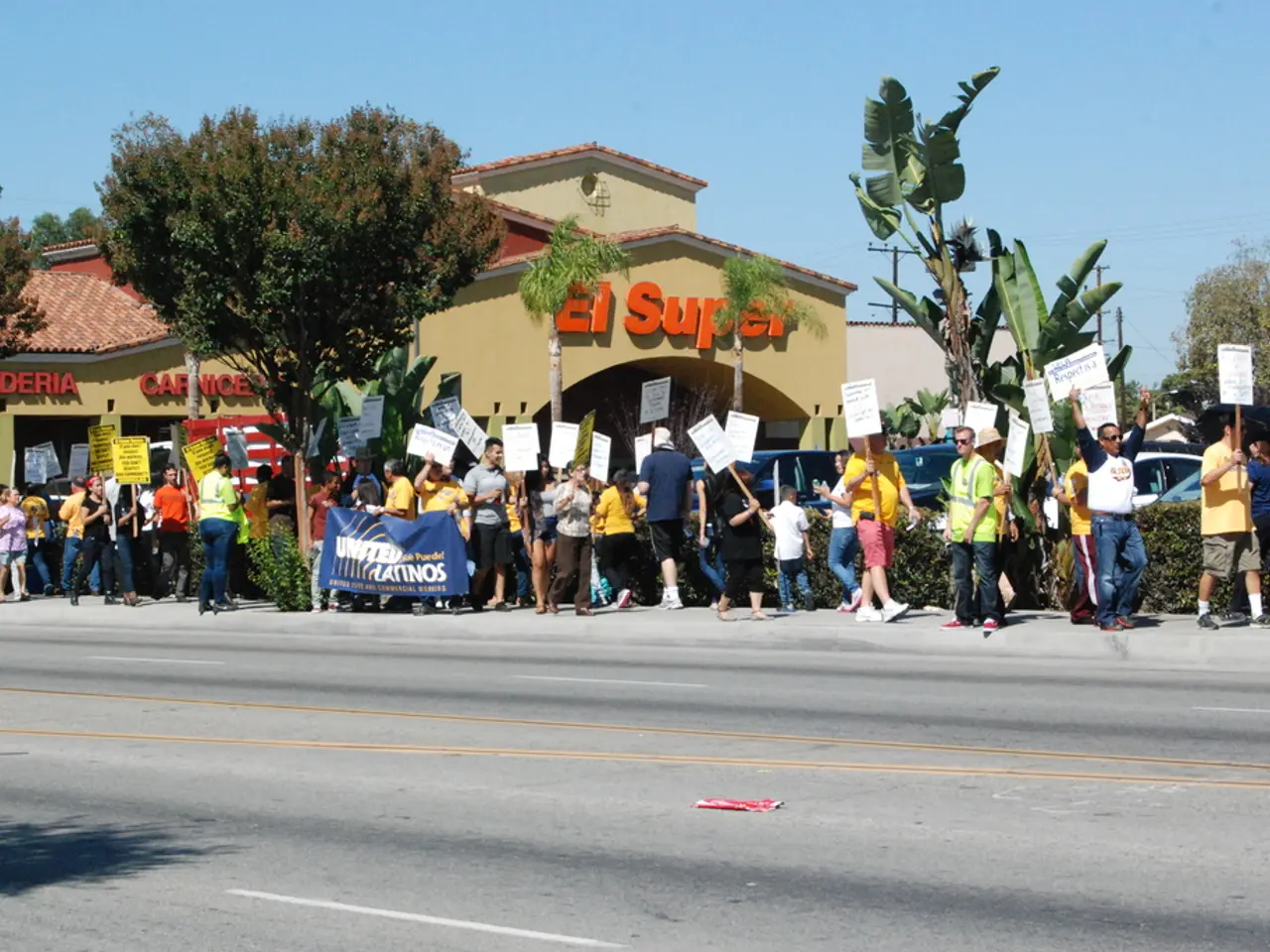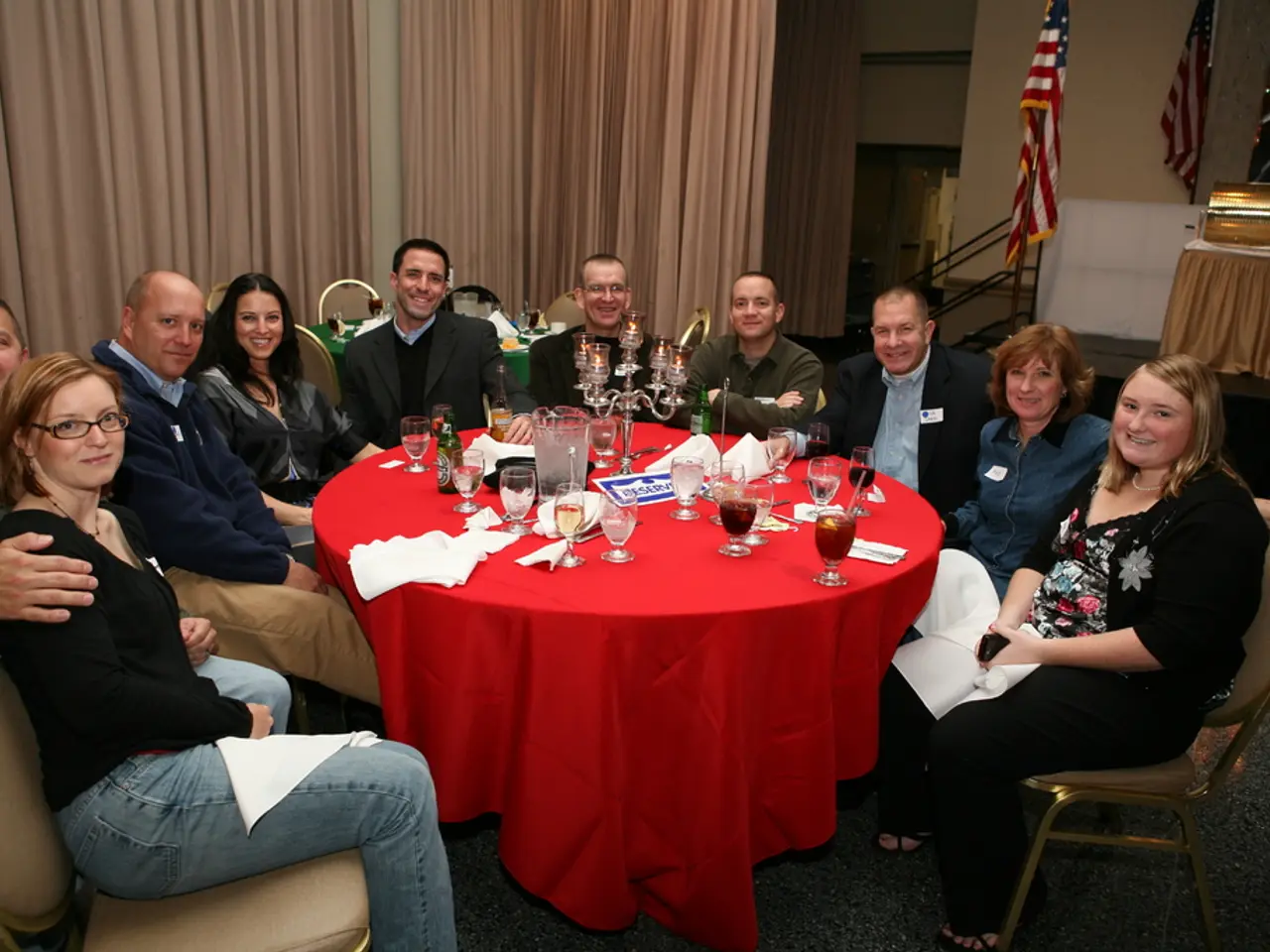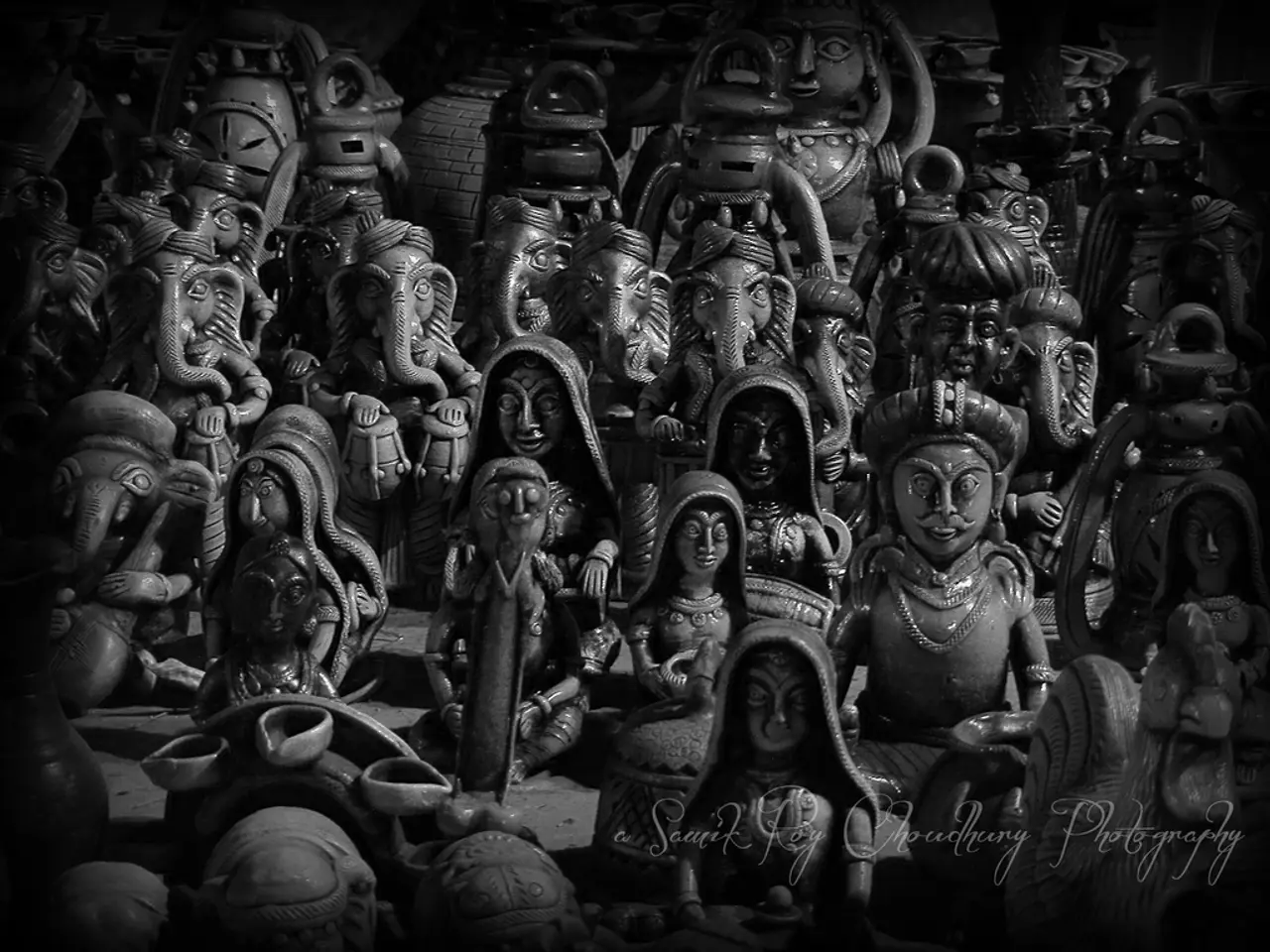Festivals following the Tomorrowland fire resulted in numerous accidents and fatalities.
In the lead-up to the first weekend of the highly-anticipated "Tomorrowland" festival, set to start on Friday, 18th July, organisers are working diligently to address a recent fire incident at the site in Belgium. Fortunately, no one was injured in the fire that occurred on Wednesday, 16th July.
This fire at Tomorrowland serves as a reminder of the tragic incidents that have occurred at music festivals and concerts throughout history. From the devastating Station Nightclub Fire in 2003 to the chaotic Fyre Festival in 2017, these events underscore the importance of safety regulations and awareness in festival and concert organisation.
In 2011, the Belgian Pukkelpop Festival experienced a fatal catastrophe due to an unexpected severe storm, resulting in many injuries and five deaths. A similar incident occurred at the Danish Roskilde Festival in 2000, resulting in nine deaths during a Pearl Jam performance. These incidents highlight the dangers of overcrowding and insufficient medical services, as well as the importance of proper weather planning.
The main stage at the Tomorrowland site is completely destroyed as a result of the fire, but organisers have assured the public that the festival will continue as planned. To prevent future losses, it is essential to understand the key causes of disaster at music events: fire hazards, poor security leading to violence, overcrowding and insufficient medical services, structural failures, and sudden medical emergencies during performances.
In the wake of such tragedies, increased safety regulations and awareness have been implemented to prevent future loss of life. For instance, the Love Parade tragedy in 2010, which resulted in 21 deaths and over 600 injuries, was caused by an overcrowded access area leading to panic. Since then, organisers have focused on improving crowd control and emergency response plans.
For those struggling with the loss of a child, resources are available. In Germany, parents can seek help from the anonymous and free telephone counseling service, reachable at 0800/111-0-111 and 0800/111-0-222 or online at www.telefonseelsorge.de. The Oskar Grief Telephone, operated by the Federal Association of Children's Hospices in Germany, is also available free of charge at 0800 8888 4711.
As festival-goers prepare for the upcoming Tomorrowland event, it is crucial to remember the lessons learned from past tragedies and to prioritise safety and well-being. The first guests have been occupying the "Tomorrowland" campsite since Thursday, 17th July, and organisers are working hard to ensure a safe and enjoyable experience for all.
[1] https://en.wikipedia.org/wiki/The_Station_nightclub_fire [2] https://en.wikipedia.org/wiki/Nightclub_roof_collapse_in_Santo_Domingo [3] https://en.wikipedia.org/wiki/List_of_music_festival_disasters_and_incidents
- General news outlets have reported on the destroyed main stage at the Tomorrowland festival, raising concerns about safety and historical incidents like the catastrophic Station Nightclub Fire in 2003 and the chaotic Fyre Festival in 2017.
- Accidents and weather play significant roles in music festivals as demonstrated by severe weather-related incidents such as the fatal Pukkelpop Festival accident in 2011, where a storm led to four deaths, and the Danish Roskilde Festival accident in 2000, where nine deaths occurred during a Pearl Jam performance.
- To prevent future tragedies, it's crucial for festival organizers to address key causes of disaster, including fire hazards, poor security leading to violence, overcrowding and insufficient medical services, structural failures, and sudden medical emergencies during performances.
